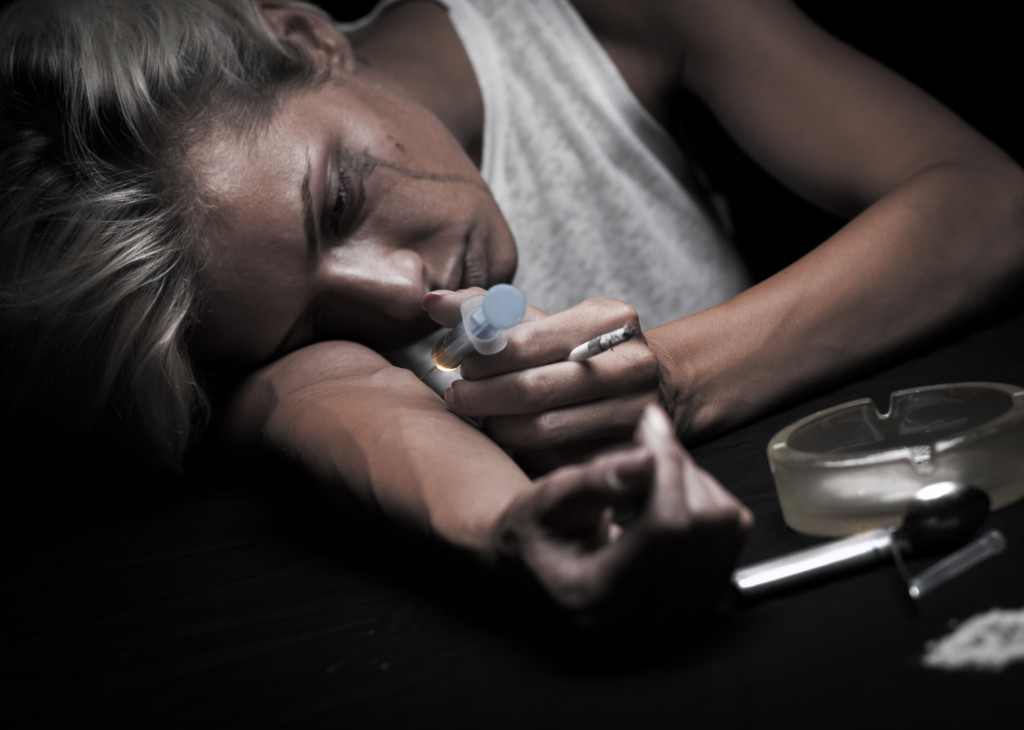It’s no secret that drug addiction is a significant problem in society. But what many people don’t realize is that drug addiction is actually a disease. And like any other disease, it has a scientific basis. This blog post will take a look at the science behind drug addiction. It will discuss what happens in the brain when someone becomes addicted to drugs and explore the various treatment options available for those struggling with addiction.
The prevalence of illegal drugs
According to the National Institute on Drug Abuse (NIDA), there are an estimated 18 million Americans who abuse illegal drugs. This number includes people who use prescription drugs for non-medical reasons, as well as those who use illicit drugs such as cocaine, heroin, and methamphetamine. Drug addiction is a significant problem in the United States. It takes a toll on people of all ages, races, and socioeconomic backgrounds.
What happens when you get caught with a drug?
If caught with a small number of drugs, you may be charged with simple possession and face a misdemeanor charge. You may be charged with drug trafficking, a felony if caught with a larger quantity of drugs. The penalties for drug trafficking can include jail time and hefty fines.
In any case, you will need a drug crime attorney by your side to help you navigate the legal system and protect your rights. Your lawyers can help you understand the charges against you and develop a defense to help you avoid a conviction. While there is no way to escape punishments, a lawyer can help you lessen their impact.
What happens in the brain when someone takes drugs?
When someone takes drugs, the chemicals in the drug bind to receptors in the brain. This causes a change in brain function and can lead to changes in mood, perception, and behavior. Over time, this can lead to addiction.
Addiction is a chronic disease that can be difficult to overcome. Those suffering from addiction often feel compelled to seek out and use drugs, even though they may be aware of the harmful consequences. Drug addiction can cause an inability to control your drug use, cravings, tolerance, and withdrawal. This is why it is so difficult to quit using drugs once you start. You will likely need help from a professional treatment program to overcome addiction, and in most cases, you will also need medication to manage withdrawal symptoms and cravings.
What are the treatment options for drug addiction?
There are a variety of treatment options available for drug addiction. The most effective approach depends on the individual and the severity of their addiction. Treatment typically includes counseling, support groups, and in some cases, medication.
Counseling
Professional counseling can help you address the underlying causes of addiction and develop coping mechanisms to deal with triggers and cravings. This will help you avoid relapse and build a foundation for long-term recovery. With this treatment, you will meet with a counselor one-on-one or in a group setting. The main objective is to help you understand your addiction and develop healthy coping mechanisms.
Support groups

Support groups provide a safe and supportive environment to share your experiences and learn from others going through similar challenges. Through this, you will be able to develop a network of people who can offer support and understanding. This can be vital in your recovery, as it can provide you with the motivation to stay on track.
Medication
Medication may be used to help manage withdrawal symptoms and cravings in some circumstances. Medication can also treat underlying mental health conditions contributing to addiction. For example, antidepressants may be prescribed to treat depression, while anti-anxiety medication may be used to help manage anxiety.
Living a better life
Overcoming addiction is a long and challenging journey, but it is possible to achieve lasting recovery. If you’re having a hard time quitting drugs, don’t give up. Here are some tips to help you through the tough times:
- Create a healthy routine: Add structure to your day by creating a healthy routine. This may include exercise, healthy eating, and spending time with supportive people.
- Be patient: Change takes time. Be patient with yourself, and don’t expect things to happen overnight.
- Find an activity you enjoy: Doing something you want can help you stay motivated and distracted from cravings. This may include things like hobbies, sports, and volunteering.
- Take care of yourself: Be sure to take care of yourself physically and emotionally. This includes getting enough rest, exercise, and healthy eating.
- Set realistic goals: Set realistic goals for yourself and take things one day at a time. This will help you avoid feeling overwhelmed and discouraged.
- Reward yourself: Celebrate your accomplishments, big or small. This will help you stay motivated and focused on your goals.
Final thoughts
When it comes to addiction, there is no one-size-fits-all solution. The most important thing is to seek professional help and find a treatment plan that works for you. With the proper support, you can overcome addiction and build a foundation for long-term recovery.



